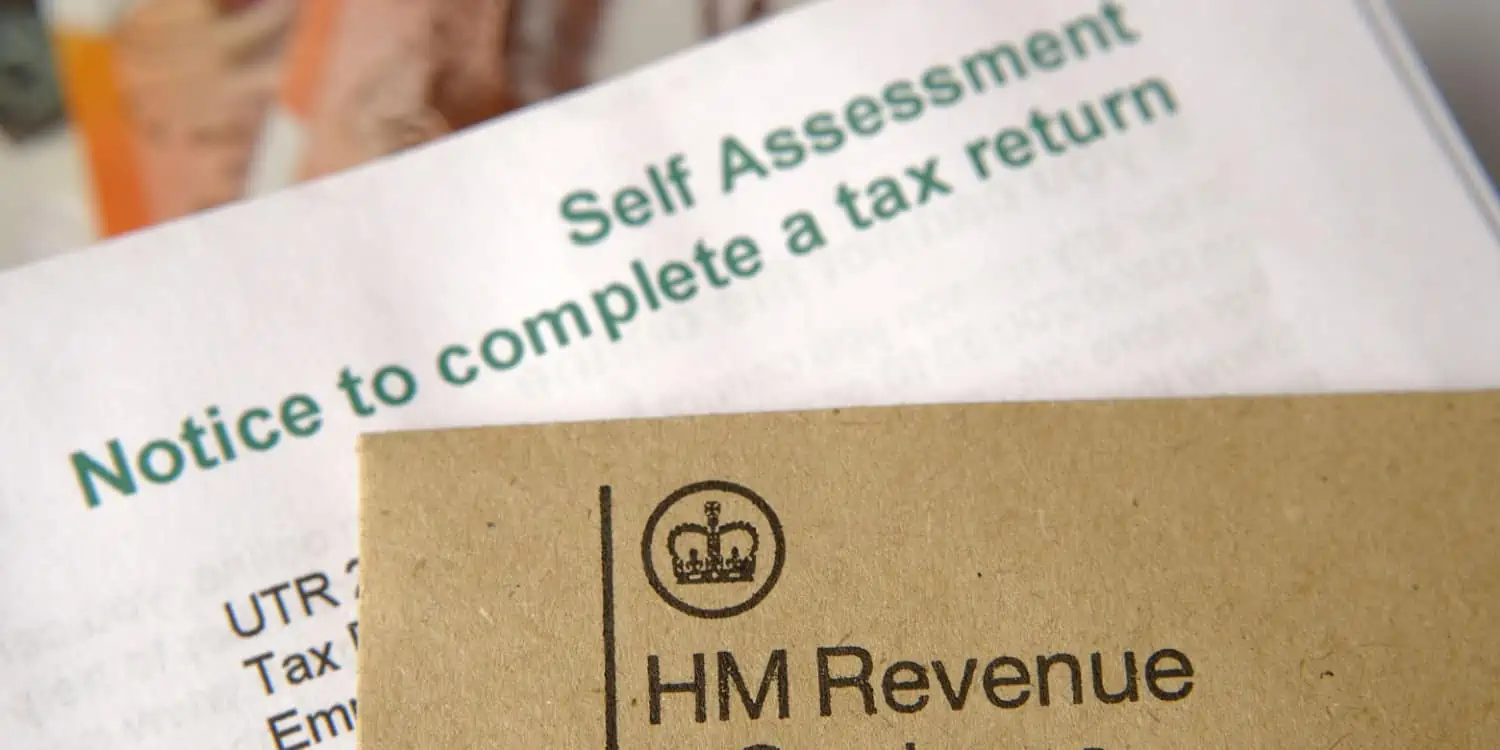Employee Ownership Trusts (EOTs) continue to offer compelling tax advantages for business owners looking to sell their companies and for employees working in EOT-owned businesses. Following the October 2024 Budget, Chancellor Rachel Reeves maintained these key tax benefits while introducing additional qualification requirements that will be incorporated in the Finance Act 2025. This article outlines the main tax advantages and the updated qualification criteria.
Key Tax Benefits for Sellers
The headline tax benefit for business owners selling to an EOT remains unchanged:
0% Capital Gains Tax (CGT) Relief
Shareholders selling a controlling interest in their business to an EOT pay no Capital Gains Tax on the proceeds, provided certain conditions are met. With standard CGT rates now at 24% for higher rate taxpayers (increased from 20% in the October 2024 Budget), this relief represents a significant benefit for business owners.
For example, a business owner selling shares worth £5 million with a base cost of £100,000 would save approximately £1.18 million in tax compared to a trade sale or other exit route.
Key Tax Benefits for Employees
Employees of EOT-controlled companies also enjoy valuable tax advantages:
Income Tax-Free Bonuses
Employees of EOT-controlled companies can receive income tax-free bonuses of up to £3,600 per employee per year. National Insurance contributions remain payable by both employer and employee.
The October 2024 Budget provided helpful clarification that directors do not have to receive these bonuses, and this does not prejudice the tax position of other employees receiving the bonuses. This creates greater flexibility in designing remuneration structures.
Qualification Requirements: Updated Post-Budget 2024
To qualify for these tax benefits, EOT arrangements must meet several conditions, including new requirements introduced in the October 2024 Budget:
Core Requirements (Unchanged)
- The Trading Company Requirement
- The company must be a trading company or the parent company of a trading group
- Non-trading activities must not exceed 20% of overall activities
- The Controlling Interest Requirement
- The EOT must acquire a controlling interest (more than 50%) in the company
- This includes ordinary share capital, voting rights, and rights to profits/assets
- The All-Employee Benefit Requirement
- The EOT must benefit all eligible employees on similar terms
- Benefits can vary based on remuneration, length of service, and hours worked
- The Limited Participation Requirement
- The number of “participators” (5%+ shareholders and connected persons) who are directors or employees must not exceed 40% of total employees
New Requirements (Finance Act 2025)
Following the October 2024 Budget, these additional requirements will be incorporated in the Finance Act 2025:
- Trustee Independence Requirement
- Only a minority of EOT trustees can be former owners or persons connected with them
- This prevents sellers from controlling the EOT after the sale
- UK Residency Requirement
- The trustees of an EOT must be UK resident
- This facilitates UK employee representation on the trustee board
- Extended Clawback Period
- The CGT relief clawback period is extended from one to four full tax years
- This targets quick “flip” transactions not aligned with sustained employee ownership
- Formal Valuation Requirement
- Trustees must take “reasonable steps” to ensure the consideration paid does not exceed market value
- This effectively mandates obtaining a formal valuation from an adviser with relevant expertise
- Enhanced Self-Assessment Reporting
- For sales from 6th April 2024, sellers must provide additional information in their tax returns
- This includes details of sale proceeds and the number of company employees at the time of disposal
Tax Treatment of EOT Contributions
The October 2024 Budget also provided welcome clarification on the tax treatment of contributions made by a company to an EOT. The following items will not be subject to the Income Tax Distributions regime (i.e., not taxed as dividends):
- Costs associated with setting up the EOT, including consideration payments to sellers
- Associated transaction costs including stamp duty
- Interest paid to sellers at a reasonable commercial rate
It’s important to note that while these contributions avoid dividend treatment, they do not become tax-deductible expenses for the paying company.
Looking Ahead: Securing and Maintaining Tax Benefits
While the recent Budget changes represent a modest tightening of the rules, they primarily affect EOT arrangements that were pushing the boundaries of the relief. For businesses approaching employee ownership with genuine intent, the path remains clear and the benefits substantial.
To secure and maintain these valuable tax advantages:
- Ensure your EOT structure meets all qualification requirements, including the new provisions
- Obtain expert valuation advice when determining the sale price
- Design a robust governance structure with appropriate trustee independence
- Plan for the extended four-year clawback period in your financial models
- Keep detailed records to support your tax position
With proper planning and expert advice, EOTs continue to offer a tax-efficient route to business succession while creating meaningful employee ownership.

